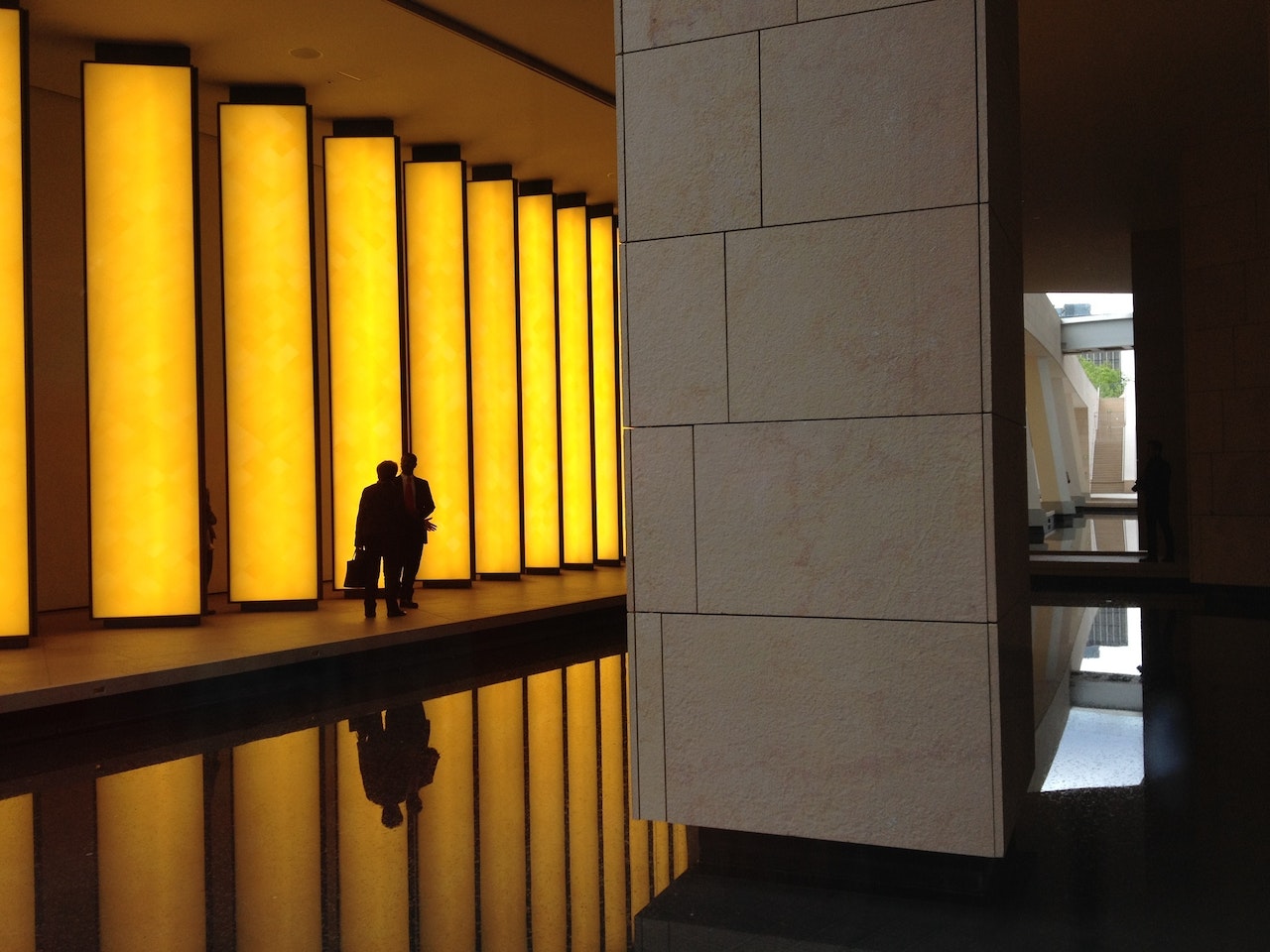Written by Nicolas Tang

In recent years, arbitration has gained increasing popularity as a method for resolving international disputes. Given the diverse range of industries involved, such as construction, manufacturing, power supply, cryptocurrency and technology, the significance and prevalence of experts contributing to arbitral proceedings have become more pronounced.
Expert witnesses can take on various roles, such as:
The appointment of experts in arbitration can be done by parties or the tribunal, and the appointment is governed by the law of the seat. At the Singapore International Arbitration Centre (SIAC), the tribunal holds the authority, unless the parties have a different agreement, to appoint an expert after consulting with the involved parties. This appointed expert is tasked with reporting on specific issues related to the dispute.
Additionally, the tribunal may compel a party to furnish relevant information or provide access to pertinent documents, goods, or property for the expert’s inspection. Once appointed, the expert is required to submit a written report to the tribunal. Subsequently, the tribunal shares a copy of this report with the parties, inviting them to submit written comments. If deemed necessary by the tribunal, the appointed expert may participate in a hearing after delivering the written report, during which the parties have the opportunity to question the expert.
Expert witnesses can be party-appointed or tribunal-appointed. One of the primary challenges with party-appointed experts concerns issues of partiality and bias. These experts are often perceived as advocates for the appointing party, whether consciously or subconsciously. Financial ties and the prospect of repeat appointments may further be perceived as biased and compromise the credibility of the expert’s testimony. This may lead to the appointment of additional experts by the tribunal to counterbalance the perceived biased behaviour, leading to additional expenses.
There is also the risk of corresponding experts offering conflicting reports due to the use of different data sets, facts, or methodologies. Varied interpretations of the same issue may hinder effective comparison of reports and therefore the utility of the evidence and contributing to cost and delay.
Furthermore, perceptions of unfairness can arise if one party relies on expert witnesses more than the other party. Where one party may introduce expert evidence on a specific topic, while the opposing party may not find it necessary, creating perceptions of unfairness. Parties may introduce unnecessary expert testimony, believing it to strengthen their case when in reality it leads to inefficiencies in terms of time and costs.
Another challenge arises with tribunal-appointed experts. While tribunal-appointed experts mitigate concerns of unfairness, they raise issues related to reduced party autonomy, as the tribunal’s appointment of experts diminishes the parties’ control over their case presentations. Parties lose control over presenting their case, and the potential for contradictory expert testimony remains, leading to increased costs.
Relying solely on a single expert appointed by the tribunal could also lead to an unfair determination of the dispute. While reducing bias, this approach may lack a comprehensive understanding of the issue, as the tribunal receives only one perspective, potentially neglecting alternative methodologies and theories.
One existing solution is the concept of witness conferencing, or otherwise known as “hot tubbing” of expert witnesses. This practice involves two or more witnesses giving evidence simultaneously, deviating from the traditional method where witnesses testify consecutively. This approach facilitates in-depth discussions among experts and with the tribunal, particularly effective in arbitrations with complex issues and multiple expert witnesses.
The Chartered Institute of Arbitrators (CIArb) had published “Guidelines for Witness Conferencing in International Arbitration” in 2019 to offer practical guidance on when and how to use witness conferencing in arbitration proceedings. The focus is on providing flexibility and direction for tribunals, parties, and counsel in determining the appropriateness of witness conferencing and establishing relevant procedures. The use of witness conferencing is not limited to expert evidence and can also extend to witnesses of fact.
Another solution would be to define and outline the issues that will be addressed by expert evidence at the earliest stage possible. This will ensure a clear understanding and agreement among all involved parties and experts. By establishing a framework early on, it facilitates a focused and efficient expert evaluation process.
Additionally, providing opportunities for experts to meet, either in person or through video conferencing, several times during the arbitration process is helpful. These meetings allow experts to discuss the issues at hand and work together towards areas of agreement. Importantly, these sessions are conducted without the direct involvement of the parties or their legal representatives.
Encouraging the use of lists of questions may also help in structuring the expert evidence process. These lists serve as a guide for experts, ensuring that they address specific points relevant to the issues in dispute. This approach enhances clarity, avoids unnecessary diversions, and ensures that expert opinions are directly aligned with the key matters under consideration.
Similar to lists of questions, maintaining lists of agreed and not agreed issues provides a clear overview of the areas where experts find common ground and those where disagreements persist. This transparency aids in focusing efforts on contentious points, potentially expediting resolution and minimising unnecessary discussions on settled matters.
Experts may also play a role behind the scenes, advising parties in developing claims or defences, or they may present evidence before the tribunal. Disagreements between opinions rendered by different party-appointed experts are acknowledged as a fundamental issue.
Instead of traditional direct examination, the emphasis is on adopting a more focused and streamlined approach. This involves short presentations by each expert, concentrating on articulating their key opinions on the remaining issues in dispute. This approach aims to save time, reduce redundancy, and ensure that the expert testimonies directly contribute to resolving the core matters in contention.
These proposed solutions aim to enhance the effectiveness of expert evidence in arbitration and offer a comprehensive framework for managing challenges and maximising the utility of expert testimony.



Farallon Law Corporation
21 Collyer Quay #01-01
Singapore 049320
Farallon Law Corporation
21 Collyer Quay #01-01
Singapore 049320
We are recognized regionally by the world-class quality of legal services that we provide. Rely on our capabilities to help you resolve your legal challenges today.